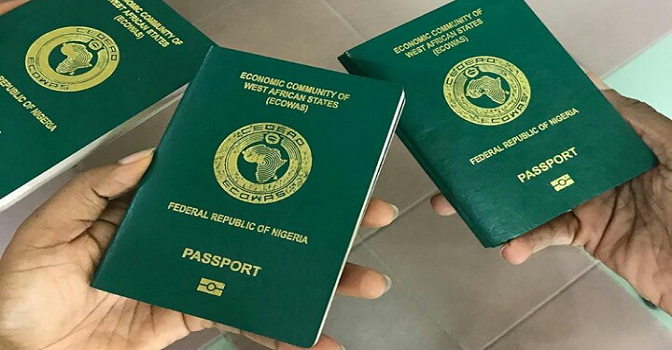There are no products in your shopping cart.
| 0 Items | £0.00 |


NIGERIA'S federal government has announced that all visa applications will change to an online-only system on March 1 this year as part of an ambitious programme to automate all of its consular services.
As part of plans to make the entire passport regime wholly digital, there are already proposals in effect to ensure that only first time applicants will need to visit passport offices or missions to have their biometric data captured in person. This is now being augmented with the online visa regime that will make all applications digital too.
At the moment, everyone has to visit a mission for biometric capture when renewing their Nigerian passport, which can be cumbersome and demanding, especially for diasporans, as in most countries, everything has to take place at the embassy. According to Olubunmi Tunji-Ojo, Nigeria's interior minister, this new regime aims to streamline the process, enhance national security and curb corruption.
Mr Tunji-Ojo said: “The visa approval centre is also an achievement for this administration because we now have a centralized system. This will stem corruption, ensure national security and merge the visa regime to ensure uniformity. Before March 1, all visa application systems will be online to ensure proper vetting.”
He also emphasised the government’s progress in harmonising national data through a cutting-edge centre located at the Bola Ahmed Tinubu Technology Innovation Complex at the headquarters of the Nigeria Immigration Service in Abuja. Mr Tunji-Ojo noted that this development is part of the efforts by the federal government to modernise immigration services and improve efficiency in the issuance of critical security documents.
“We were able to build one of the biggest data centres in the history of Nigeria, an 8.3-petabyte facility. Previously, Nigeria’s immigration data was stored in private systems managed by contractors, which violated the Data Protection Act but by delivering this massive data centre, one of the largest in the world, we’ve ensured the integrity and security of our national data,” Mr Tunji-Ojo added.
In addition, the minister mentioned that the harmonised visa regime and data management infrastructure reflects the federal government's commitment to leveraging technology to strengthen governance and national security. To further strengthen national security, the government is also building 32 forward operational bases across the country to support the Nigeria Immigration Service in its duties.